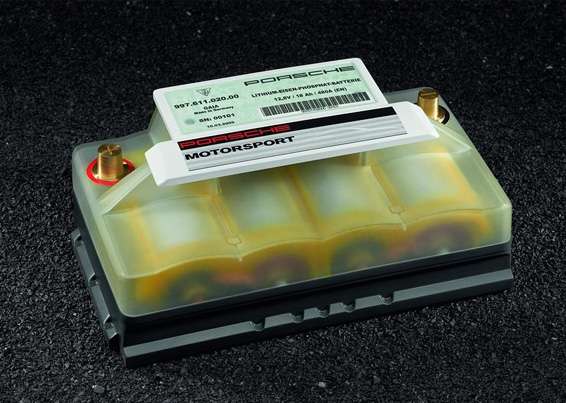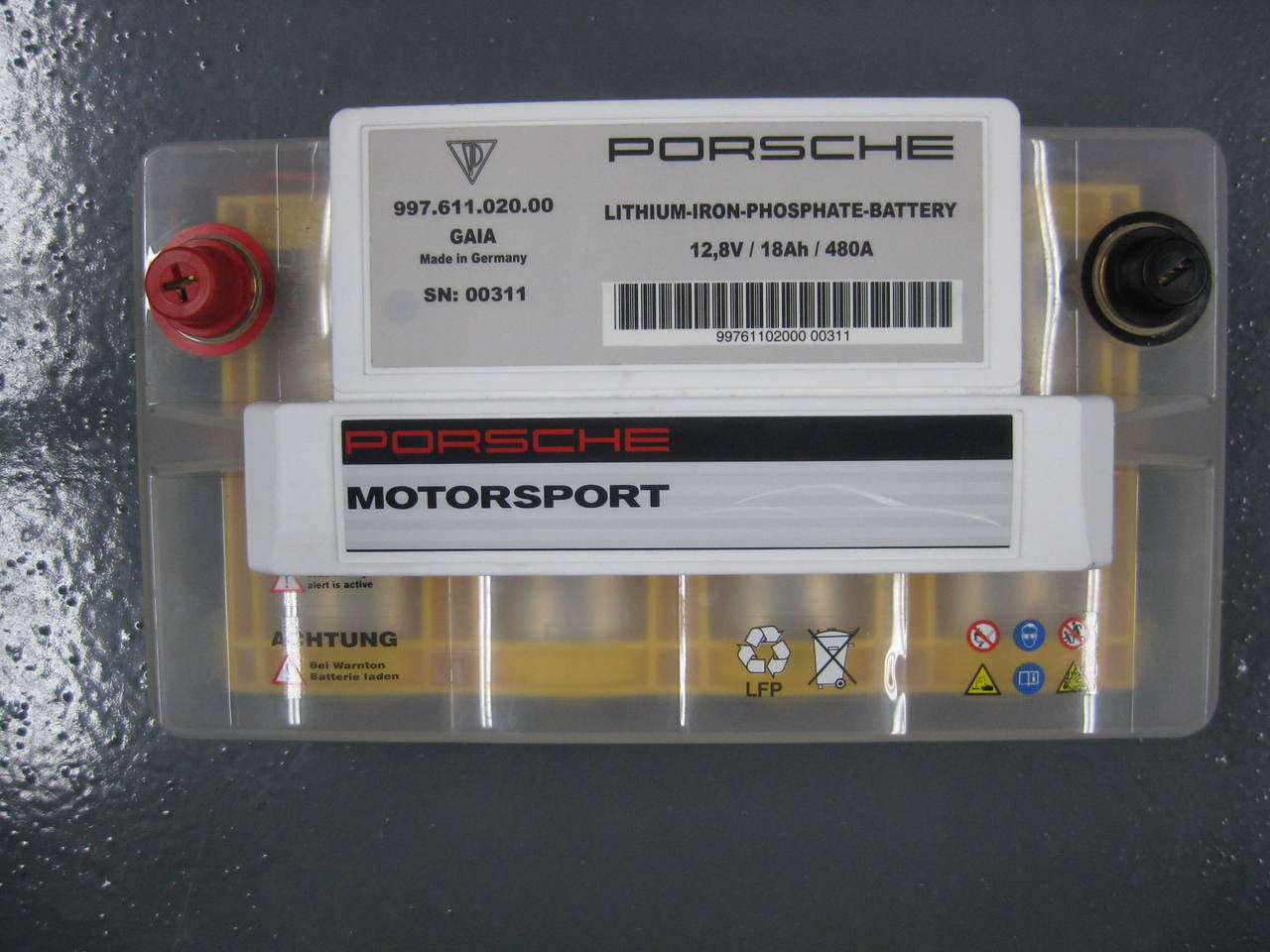OttaMattaPia
Newly Enlightened
- Joined
- Dec 3, 2016
- Messages
- 135
The reason being, it seems like everything else, car batteries are no longer made to last.....they are made to create a revenue stream. The magic number for the battery industry now seems to be 24 months. Any battery you buy, regardless of the so called warranty, is likely to fail around the 24 month period unless you spend twice as much and even then it's dubious. Great for CEO's....not so great for everyone else.
Even Optima batteries are now made in Mexico and a lot of complaints are pouring in. Those used to be THE DEFINITION of a good battery. No more.
There are only 4 major automotive battery manufacturers. Four companies make most of the car batteries. East Penn Deka, Johnson controls, AC Delco and Exide. Exide is going bankrupt and Johnson Controls (Kirkland, Optima and Interstate) moved to Mexico and their product has suffered.
On the other hand....some experts say battery quality hasn't changed...and THAT is the problem (not the batteries themselves). These "experts" say that it is the increased electrical demand newer cars place on batteries that is causing the short lives of modern Automotive batteries. Hmmmm....well maybe. I'm no expert but I do know the alternators actually handle a lot of the load and alternator output has risen dramatically as car technology has "improved"? So this claim seems a bit dubious to me.
To deal with the stampeed of warranty claims by disgruntled consumers who have the gall to actually expect their battery to last the stated lifetime for a given battery, big box retailers have come up with ingenuous ways to "handle" these silly consumers. The trick of choice is computerized tracking of serial numbers on batteries. Walmart for example. The problem with their system is that you are at the mercy of whatever their "system" says regardless of what you say. Having the original receipt may help, but even with a receipt, the computerized serial number system gives Walmart the ability to provide what it holds to be irrefutable proof that you are not entitled to the warranty you thought you paid for. How? Well, for one, if you do not have a receipt, they can easily say you already got a replacement battery "X" months ago....among other tricks. Believe me.....they have corporate strategy meetings specifically on how to handle you silly consumers who actually expect to get what you paid for.
And no matter what.....Walmart can ALWAYS claim "computer glitch" even if they were to be proven wrong....but who has time or money to prove them wrong?
I am of the opinion that we live in the era of greed. Where all manufacturers are focused on maximizing profits over all else. With automotive batteries, lead is the primary component and the density and quality of that lead is the difference. By using cheaper Chinese lead stock, or less dense lead, or less lead altogether, manufacturers can significantly cut their costs. At the same time, batteries took a major across the board hike in costs in 2015 when the price of automotive batteries skyrocketed nearly 100% across the board. Yet at the same time, more battery failures began to be reported.
Can we not figure out how to "roll our own" automotive batteries at this point?
(And if not, where the hell can one get a good battery that won't need replacing every 24 months?)
Even Optima batteries are now made in Mexico and a lot of complaints are pouring in. Those used to be THE DEFINITION of a good battery. No more.
There are only 4 major automotive battery manufacturers. Four companies make most of the car batteries. East Penn Deka, Johnson controls, AC Delco and Exide. Exide is going bankrupt and Johnson Controls (Kirkland, Optima and Interstate) moved to Mexico and their product has suffered.
On the other hand....some experts say battery quality hasn't changed...and THAT is the problem (not the batteries themselves). These "experts" say that it is the increased electrical demand newer cars place on batteries that is causing the short lives of modern Automotive batteries. Hmmmm....well maybe. I'm no expert but I do know the alternators actually handle a lot of the load and alternator output has risen dramatically as car technology has "improved"? So this claim seems a bit dubious to me.
To deal with the stampeed of warranty claims by disgruntled consumers who have the gall to actually expect their battery to last the stated lifetime for a given battery, big box retailers have come up with ingenuous ways to "handle" these silly consumers. The trick of choice is computerized tracking of serial numbers on batteries. Walmart for example. The problem with their system is that you are at the mercy of whatever their "system" says regardless of what you say. Having the original receipt may help, but even with a receipt, the computerized serial number system gives Walmart the ability to provide what it holds to be irrefutable proof that you are not entitled to the warranty you thought you paid for. How? Well, for one, if you do not have a receipt, they can easily say you already got a replacement battery "X" months ago....among other tricks. Believe me.....they have corporate strategy meetings specifically on how to handle you silly consumers who actually expect to get what you paid for.
And no matter what.....Walmart can ALWAYS claim "computer glitch" even if they were to be proven wrong....but who has time or money to prove them wrong?
I am of the opinion that we live in the era of greed. Where all manufacturers are focused on maximizing profits over all else. With automotive batteries, lead is the primary component and the density and quality of that lead is the difference. By using cheaper Chinese lead stock, or less dense lead, or less lead altogether, manufacturers can significantly cut their costs. At the same time, batteries took a major across the board hike in costs in 2015 when the price of automotive batteries skyrocketed nearly 100% across the board. Yet at the same time, more battery failures began to be reported.
Can we not figure out how to "roll our own" automotive batteries at this point?
(And if not, where the hell can one get a good battery that won't need replacing every 24 months?)
Last edited:





